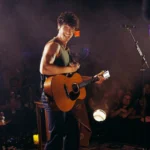

Scarlett Johansson vs. Margot Robbie: Hollywood’s Powerhouses Collide in a Fan-Fueled Frenzy
In the vast constellation of Hollywood stars, Scarlett Johansson and Margot Robbie shine brighter than most. With critically acclaimed performances, box office dominance, and massive global fan bases, these two leading ladies have become cultural icons in their own right. But in a digital age ruled by opinions, viral content, and fan-driven narratives, the question continues to ignite debate: Who is more iconic?
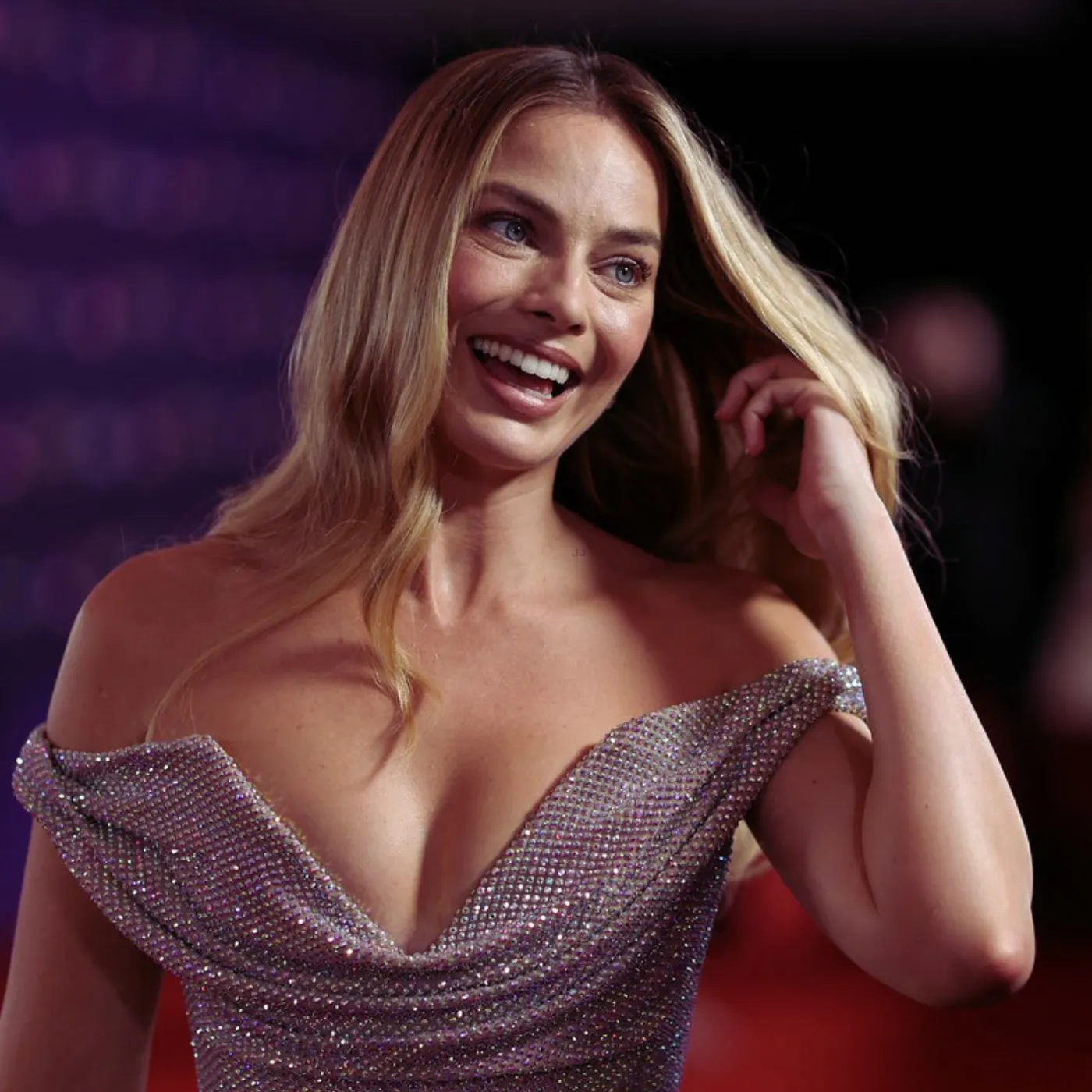
While both actresses have carved their names into the fabric of pop culture, Margot Robbie has recently surged into the spotlight with a series of bold career choices, media-savvy moments, and a carefully crafted brand identity that might just give her the edge in this high-stakes comparison.
The Rise of Margot Robbie: From Breakout Star to Pop Culture Titan
Margot Robbie’s ascent in Hollywood has been anything but accidental. After gaining international attention with her role opposite Leonardo DiCaprio in The Wolf of Wall Street (2013), Robbie quickly proved she wasn’t a one-hit wonder. Her performance was not only electric but also established her as an actress with both charisma and staying power.
Since then, Robbie has amassed an impressive list of roles, from the unhinged Harley Quinn in DC’s Suicide Squad franchise to her Academy Award-nominated performance in I, Tonya. But what truly distinguishes her is her ability to jump between high-octane blockbusters and indie darlings with ease.
Her versatility has become a major talking point across social media, where fans celebrate her ability to master everything from period dramas to dark comedies. And it’s not just the roles—it’s the choices.
Scarlett Johansson: The Veteran With Proven Staying Power
On the other side of the ring, Scarlett Johansson has built a career that spans over two decades. With early critical acclaim in films like Lost in Translation and Girl with a Pearl Earring, Johansson became a staple of sophisticated cinema before transitioning into global superstardom as Black Widow in the Marvel Cinematic Universe.
Johansson is no stranger to blockbusters or awards. She’s been nominated for two Academy Awards in a single year (Marriage Story and Jojo Rabbit), proving her range and resilience.
But despite Johansson’s accolades, her public persona has at times felt more subdued. She often keeps her personal life under wraps, and while her fans appreciate the mystery, it can feel less aligned with the hyper-connected, personality-driven culture of today’s Hollywood.

Social Media & Fan Culture: Margot Robbie’s Strategic Supremacy
In 2024, visibility equals influence, and Robbie’s team understands this better than most. From viral red carpet moments to meme-worthy interviews, she has become a master of shaping her image in a way that resonates across platforms like TikTok, Instagram, and Twitter.
Her recent lead role in Barbie (2023) turned her into a Gen Z icon overnight. The film not only crushed box office records but also generated a pink-fueled marketing storm that turned every appearance Robbie made into a trending topic.
Hashtags like #MargotRobbieEra and #BarbieCore were everywhere, and Robbie’s fashion statements at press events were endlessly dissected by fans and influencers. In contrast, Johansson tends to fly under the radar—a choice that offers dignity but misses out on the algorithm-driven hype machine that dominates pop culture today.
Brand Building: Who Wins the Long Game?
Perhaps one of the clearest indicators of Robbie’s rising dominance is her work behind the scenes. Through her production company, LuckyChap Entertainment, Robbie has been instrumental in creating content that is both commercially viable and culturally resonant. From Promising Young Woman to Birds of Prey, Robbie isn’t just acting in hit films—she’s producing them.
This level of control and vision places her in a rarefied category of actresses who are actively reshaping the industry.
Scarlett Johansson, while undoubtedly powerful, has not embraced the producer mantle in quite the same way. She remains a force in front of the camera, but less visibly so behind it.
Public Persona: Chaos vs. Control
Robbie’s appeal partially lies in her controlled chaos. She’s polished but unpredictable, elegant but mischievous. That paradox makes her endlessly watchable—a quality that today’s fans, especially younger demographics, find magnetic.
Johansson projects more traditional stardom. She’s composed, elegant, and less accessible in the age of constant content. That restraint might earn her points with traditional critics, but in a landscape where virality often trumps legacy, Margot Robbie seems more in sync with the moment.
Controversy and Clicks: The Double-Edged Sword
Another area where Robbie has thrived is her ability to lean into controversy without being consumed by it. She takes risks with her roles, makes provocative public statements (like calling a TV show “thesis-worthy”), and keeps people guessing.
That edge often translates to higher engagement. Every interview, every photo call becomes an opportunity to spark conversation.
Meanwhile, Johansson has weathered multiple PR storms over the years—from casting controversies to offhand comments. While she’s navigated them with relative grace, these moments have sometimes cast a shadow over her otherwise stellar career.
The Verdict: A Generational Shift
In this head-to-head comparison, Scarlett Johansson represents the apex of 2000s and early 2010s stardom. She’s the quintessential leading lady of her era. But as Hollywood evolves and Gen Z begins to dominate the conversation, Margot Robbie appears to be taking the torch.
Her savvy use of media, daring choices, and dual power as both actress and producer position her not just as an icon but as a blueprint for what modern stardom looks like.
Final Thoughts: The Icon of Now
In the ever-shifting world of celebrity, where public opinion flips faster than a trending hashtag, the question of who truly defines an era is more loaded than ever. Scarlett Johansson and Margot Robbie both have resumes packed with blockbuster success, critical acclaim, and cultural impact—but when it comes to who best represents the face of modern Hollywood, the scales are tipping unmistakably.
Margot Robbie, once seen as the blonde breakout in The Wolf of Wall Street, has evolved into something far greater than just another starlet. She’s a producer, cultural tastemaker, and industry disruptor, all wrapped in one magnetic package. Her presence onscreen is commanding, yes—but it’s her moves off-screen that truly distinguish her from the pack. Whether she’s championing underdog stories through her production company, reshaping female characters in pop culture, or turning seemingly risky roles into award contenders, Robbie is actively rewriting the rulebook on what stardom looks like in the 2020s.
This isn’t just about box office numbers or Instagram followers—though she dominates both. It’s about relevance. In today’s content-saturated landscape, being iconic isn’t merely about what you did last year—it’s about what you mean right now. And what Robbie represents today is an unapologetically modern archetype: bold, brand-savvy, creatively fearless, and socially resonant.
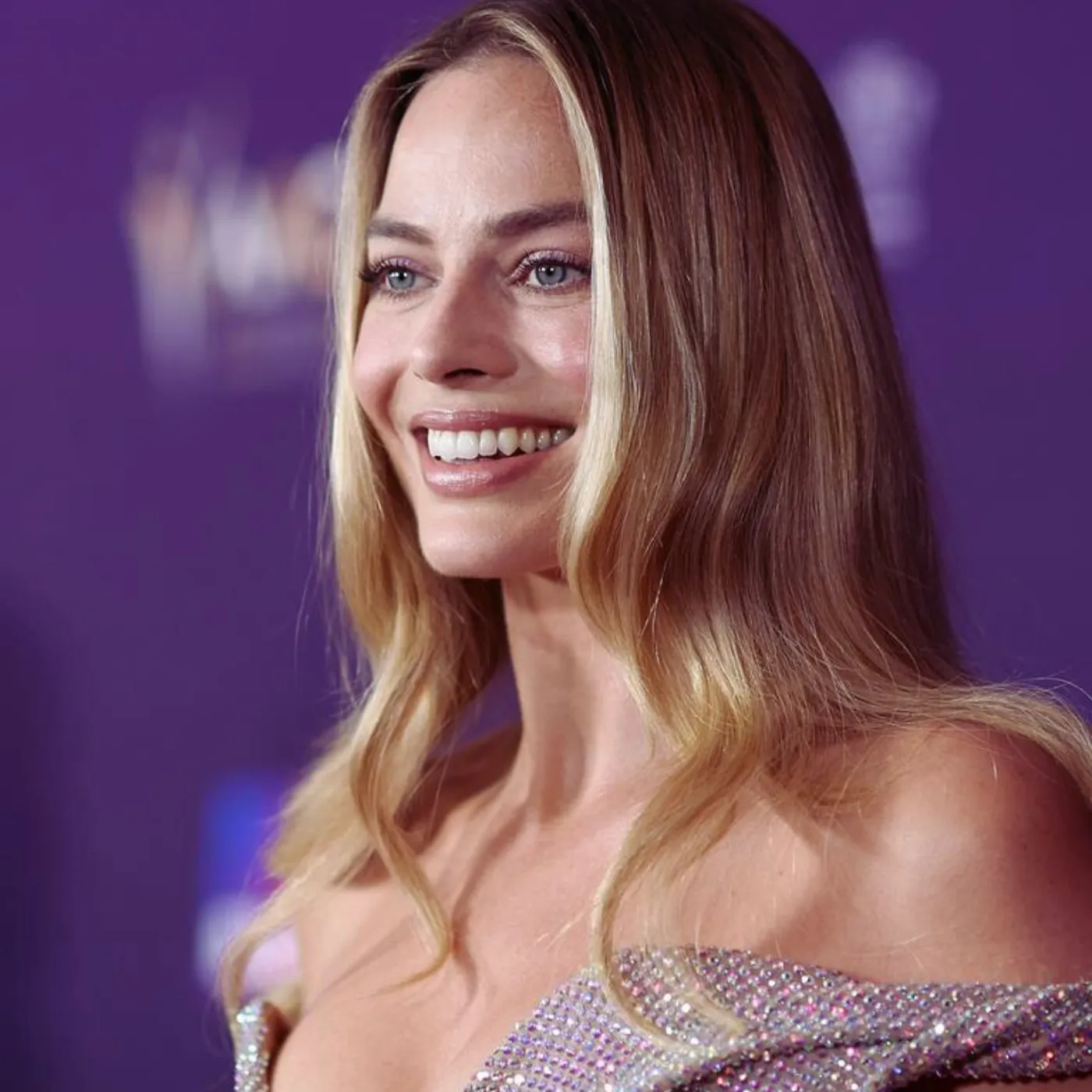
Yes, Scarlett Johansson has held the cultural torch for more than a decade. She’s been a staple of franchises, fashion spreads, and fan-casting dreams. But there’s an undeniable sense that her era may be gently fading, while Margot Robbie’s is just beginning to peak. Robbie doesn’t just reflect the times—she shapes them.
As fans continue to fuel the fire with side-by-side comparisons, viral “Who’s More Iconic?” polls, and aesthetic breakdowns of red carpet looks, one unavoidable truth emerges: the fact that we’re even having this debate confirms their shared greatness. But debates, by nature, demand resolution.
And if the question is who owns the cultural moment right now—who’s not just surviving but thriving in the chaos of modern fame?
All signs point to Margot Robbie.
She’s not simply an icon. She’s the icon of now.





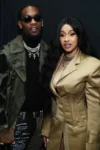


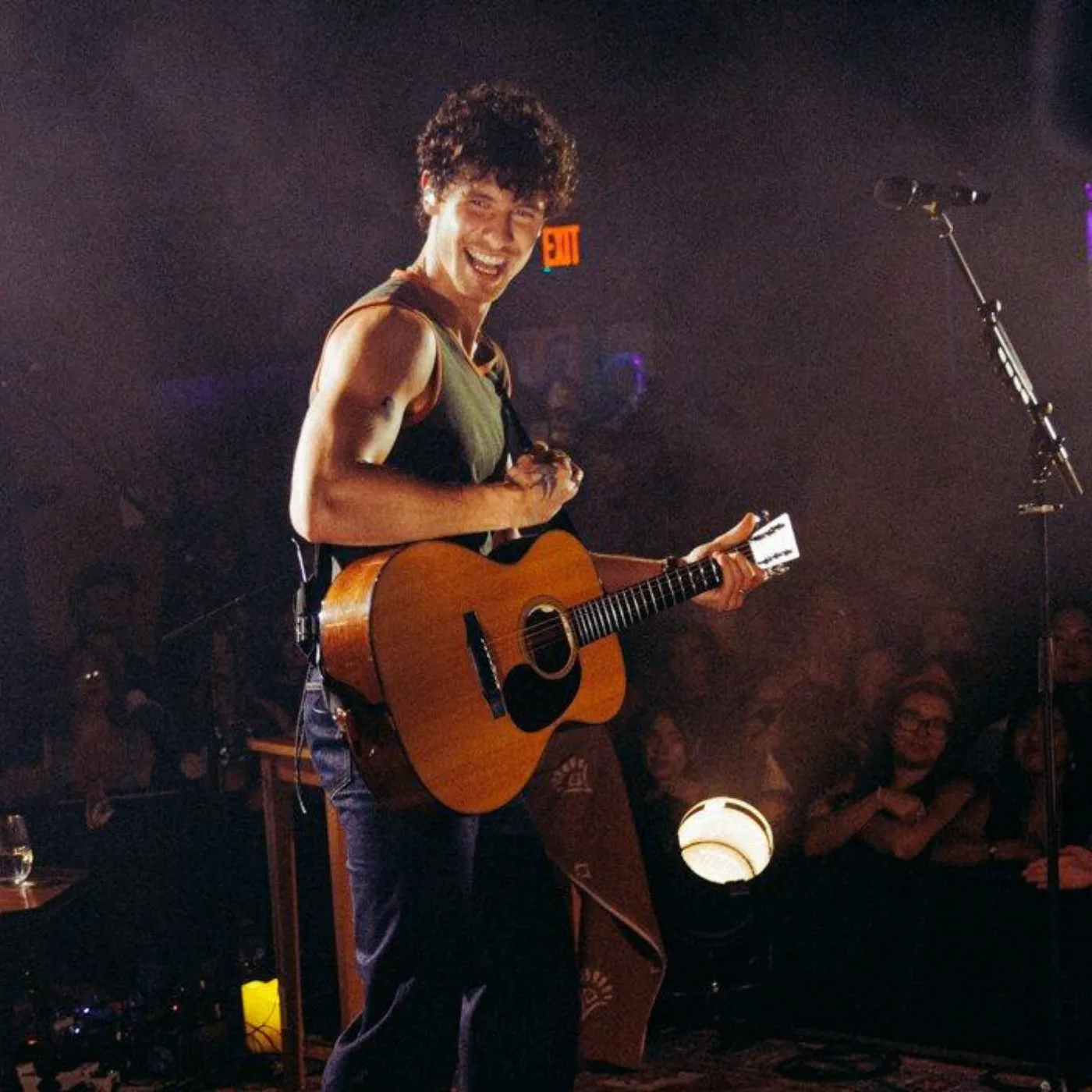
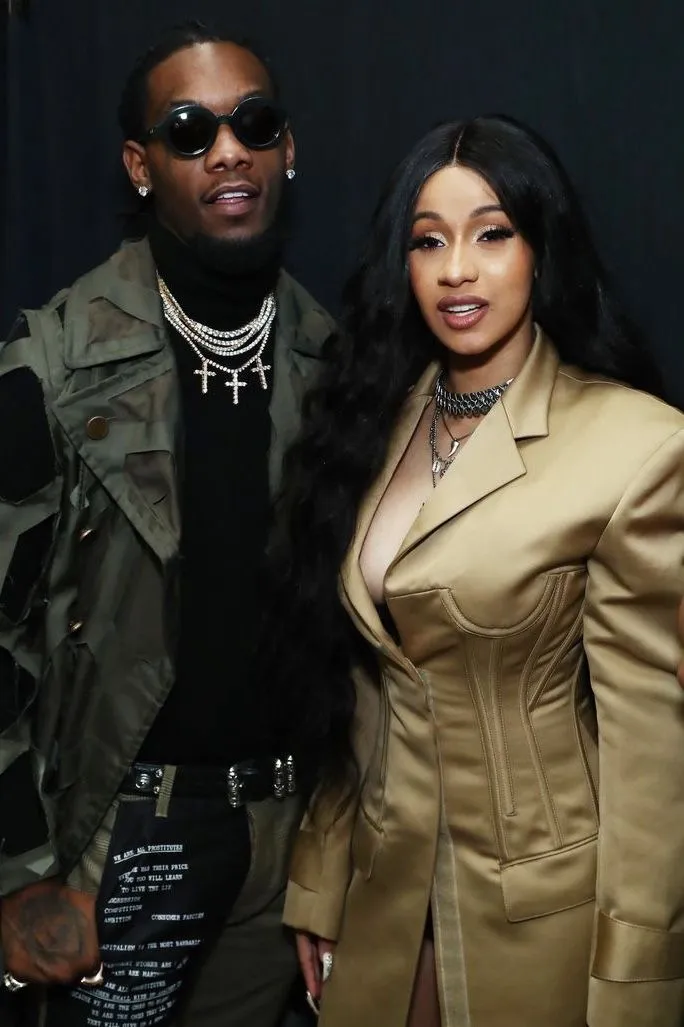
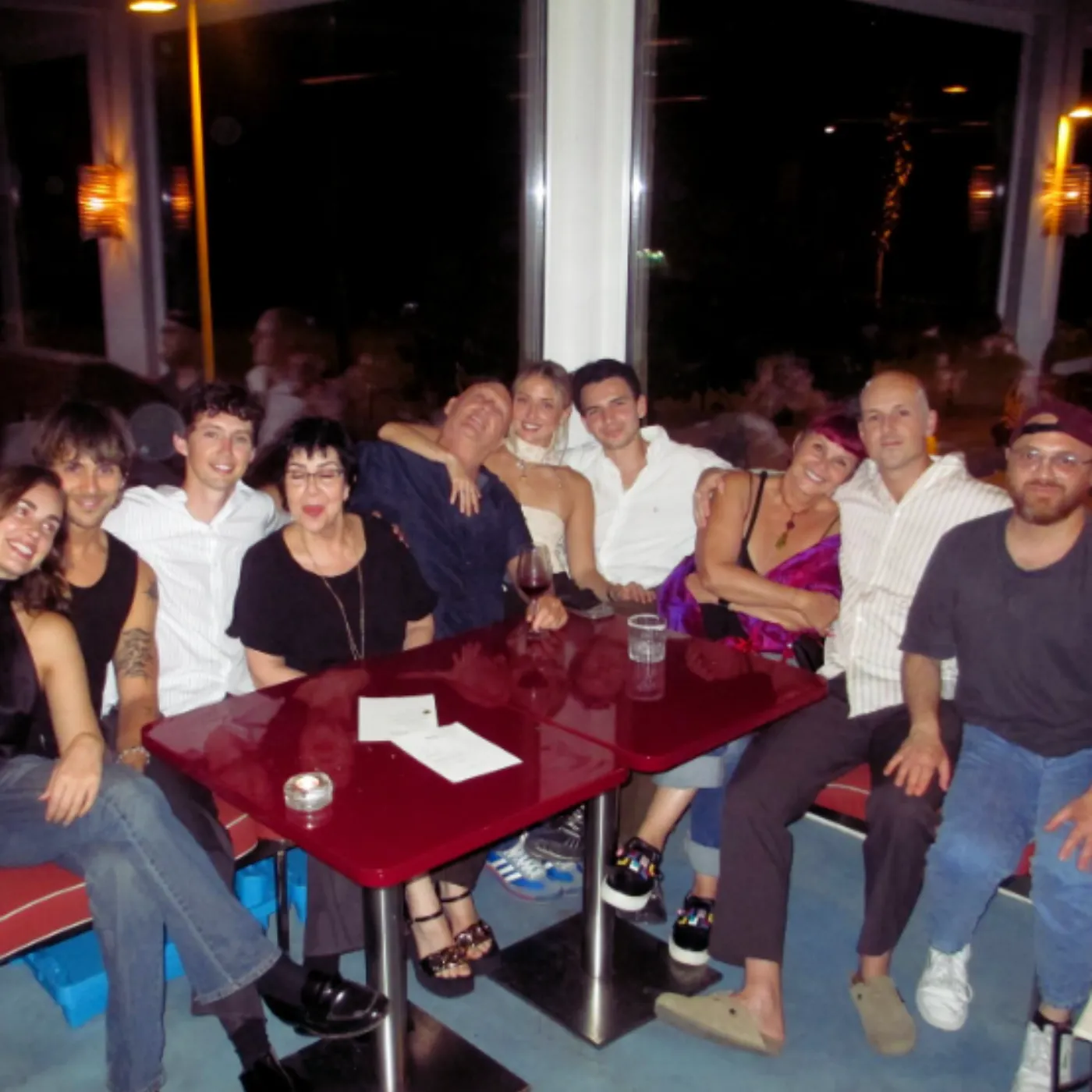








Post Comment